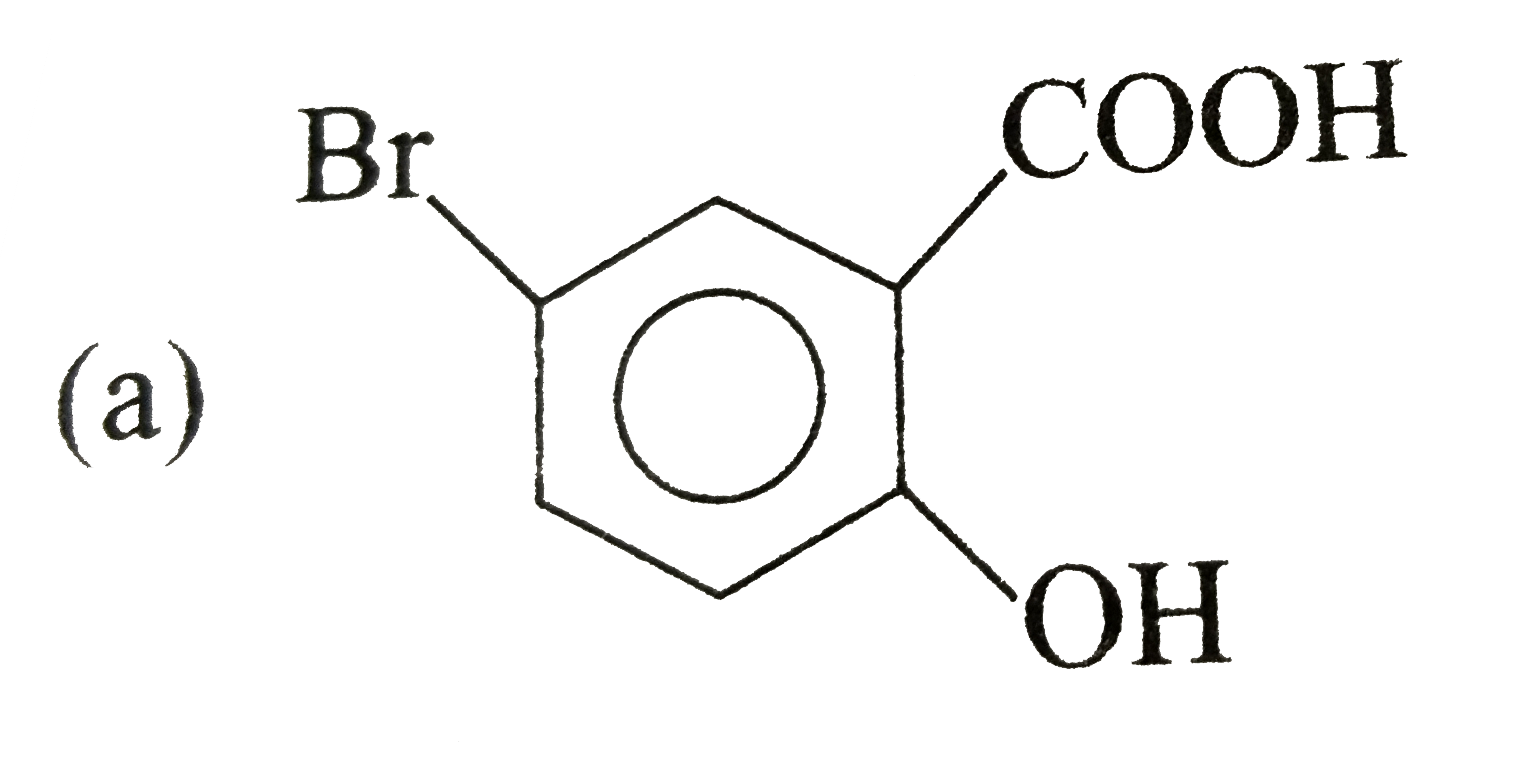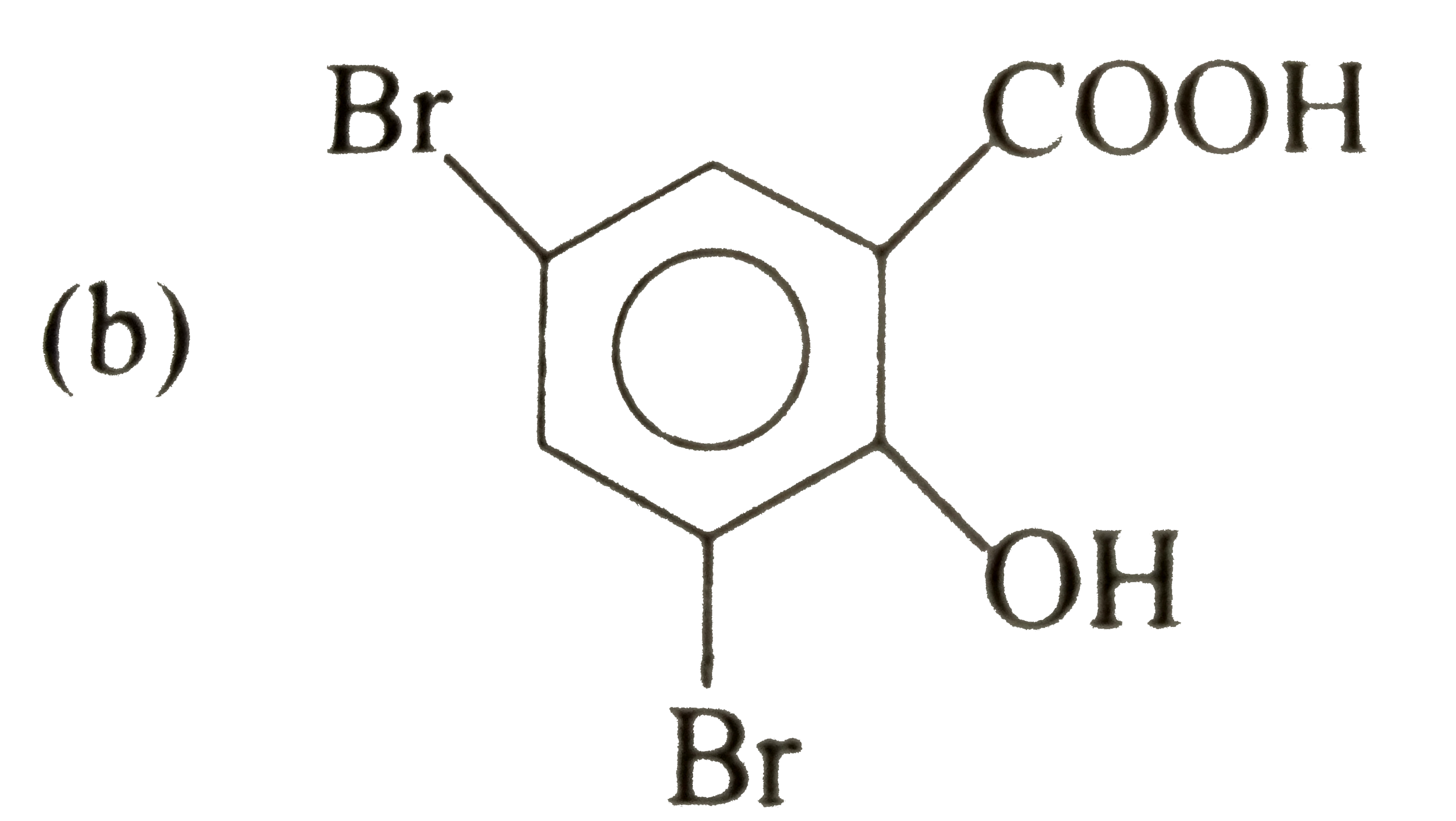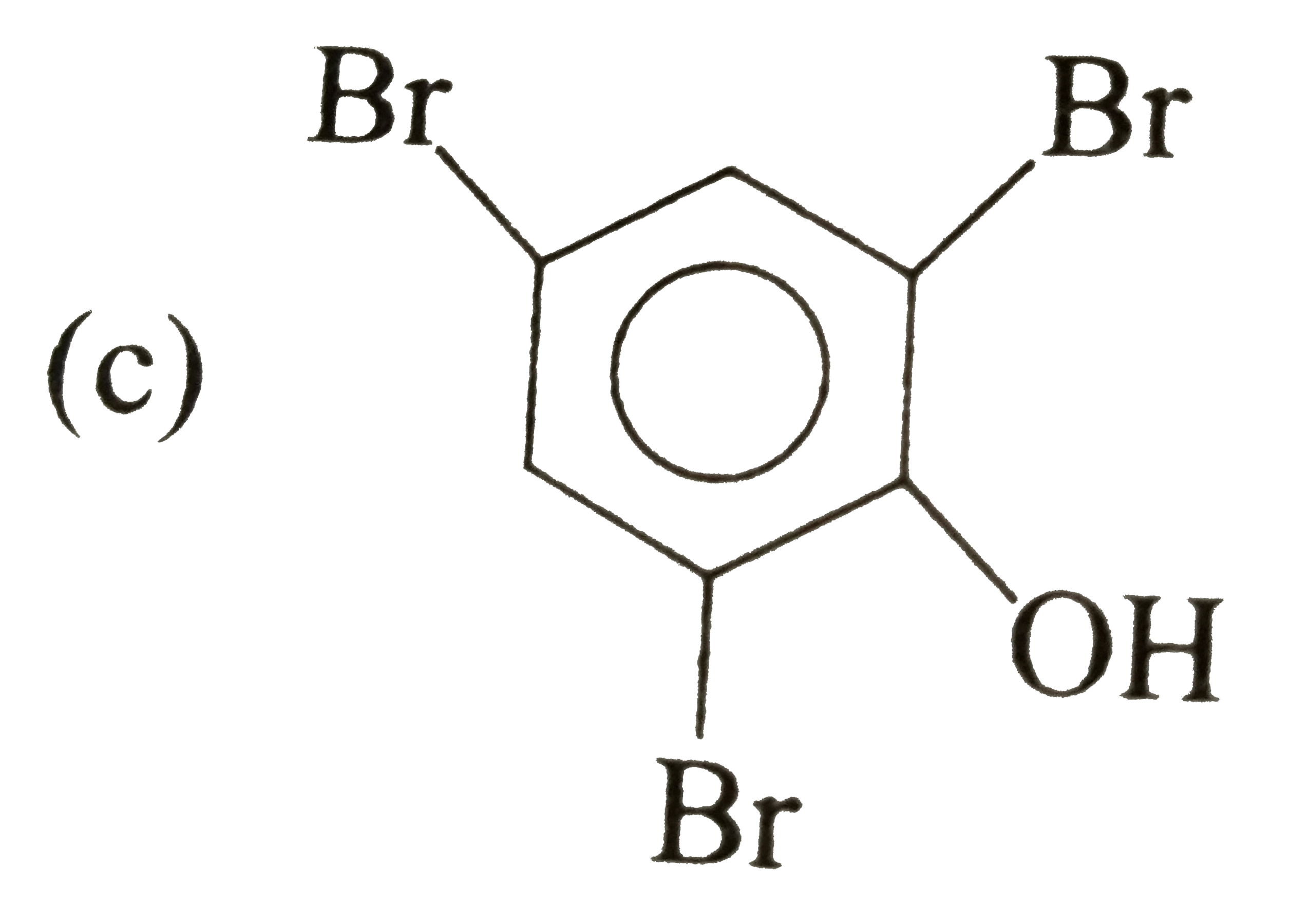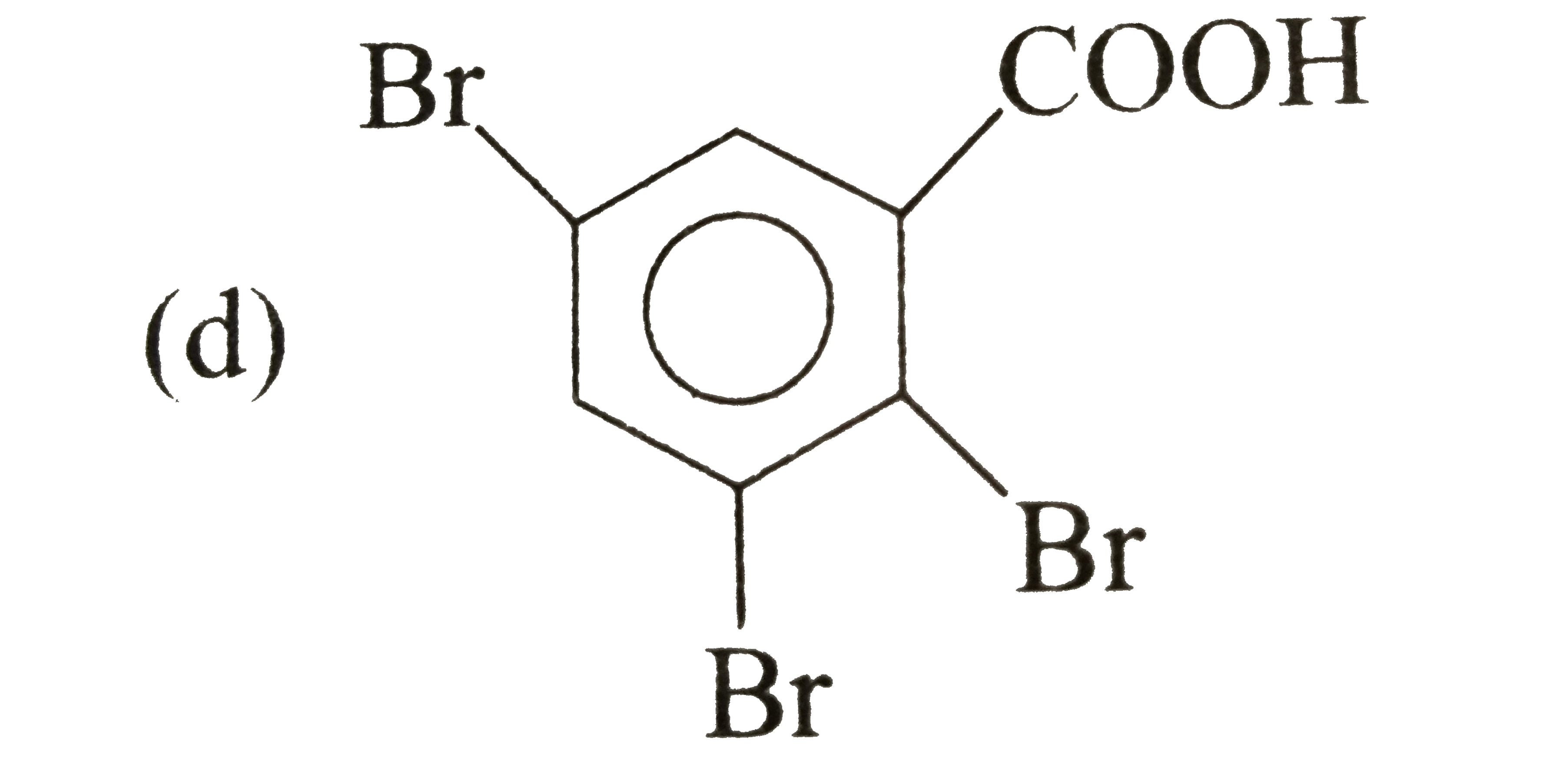Oxidative decarboxylation of pyruvic acid results in the formation of
I. Acetyl CoA , II. CO2
III. ATP , IV. NADH+H+
I only
I and II only
I, II and III only
I, II and IV only
The correct Answer is:D
Step by step video, text & image solution for Oxidative decarboxylation of pyruvic acid results in the formation of I. Acetyl CoA , II. CO_(2) III. ATP , IV. NADH+H^(+) by Biology experts to help you in doubts & scoring excellent marks in Class 12 exams.
Updated on:21/07/2023Topper's Solved these Questions
- RESPIRATIONBOOK - DINESH PUBLICATIONCHAPTER - RESPIRATIONEXERCISE - CHECK YOUR GRASP
20 Videos
- RESPIRATIONBOOK - DINESH PUBLICATIONCHAPTER - RESPIRATIONEXERCISE - CHECK YOUR GRASP
20 Videos
- REPTILIA-CREEPING VERTEBRATESBOOK - DINESH PUBLICATIONCHAPTER - REPTILIA-CREEPING VERTEBRATESEXERCISE - CHECK YOUR GRASP
9 Videos
- ROOTBOOK - DINESH PUBLICATIONCHAPTER - ROOTEXERCISE - CHECK YOUR GRASP
10 Videos
Similar Questions
select the correct set of decarboxylation steps, occuring inside the mitochondria during aerobic respiration.
(a) formation of acetyl CoA from pyruvic acid (b) formation of fumaric acid from succinic acid (c) formation of alpha- ketoglutaric acid from oxalosuccinic acid (d) formation of succinyl CoA from alpha - ketoglutaric acid
View SolutionNumber of ATP produced from one pyruvic acid during conversion to acetyl CoA is
View Solution
Knowledge Check
The oxidation of pyruvic acid to CO2 is called -
AFermentationBTCA/ Citric acid cycleCGlycolysisDOxidative phosphorylationThe action of Br2/H2O on salicylic acid results in the formation of :
A B
B C
C D
D
The enzyme responsible for oxidative decarboxylation of pyruvate to acetyl Co-A is
AHexokinaseBSuccinic dehydrogenaseCPyruvate dehydrogenaseDRUBP carboxylase / oxygenase
The formation of Acetyl CoA from pyruvic acid is the result of its
View SolutionWhere does the formation of acetyl CoA from pyruvic acid take place ?
View SolutionThe formation of acetyl coenzyme-A from pyruvic acid is the result of its
View SolutionThe formation of Acetyl CoA from pyruvic acid is the result of its
View SolutionSome of the following gases are soluble in water due to formation of their ions :
I:CO2,II:NH3,III:HCL,IV:CH4,V:H2
Water insoluble gases can be:
View Solution
